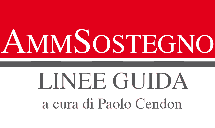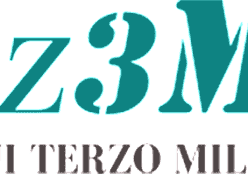- Redazione P&D - 24/04/2012
LE NUOVE SCOPERTE E IL NUOVO CONTESTO DELLA RICERCA BIO-MEDICA- Mirko DI BERNARDO
The article focuses on the cultural ambience which, between the second half of the eigh-teenth century and the first half of the nineteenth century, mainly in Germany and partly in France, has been the theatre of that very medical-scientific revolution – a revolution connected to G. Reinold Treviranus" biology, A. von Haller and F. J. Gall"s experimental works, L. Pasteur"s germ theory, as well as R. Virchow"s cellular pathology, Cabanis and De Tracy"s researches and C. Bernard"s experimental medicine –, which has contributed decisively to transform the "beneficial primitive technophile" in the present "health pro-duction technology". In such a context, we underline the role of the great French philo-sophes regarding the methodological turning point (from metaphysics to observation and then science) and thus the erosion of the "great division" between the human species and other animal species. The consequence has been the new "anthropological" relief of the di-mension of corporeity. Particularly, this work lingers over two fundamental points: the new comprehension of the "physiology" of man (by the Idéologues) which lays the founda-tions of the mind/body problem and the intuition, from philosophers like Kant and Hegel, of the teleological principle of self-organization of life. The conclusive part, by revisiting these two aspects in consideration of the new scenarios opened by the contemporary theory of complexity in the scientific field, highlights how the present directions of research about cognitive functionalities, in continuity with the process of "embodiment of thought" started by the second half of the eighteenth century, tend to distance themselves from the computational matrix which has originally generated them to come more and more near an interpretation which sees the mind as "embodied", situated and distributed.
Agli inizi la tecnica del medico aveva un proprio metodo, una propria episte-me, una propria visione generale dell"uomo e del mondo. La metodologia era il metodo clinico, mentre l"epistemologia era la teoria somato-psichica dei quat-tro umori corporei (sangue, flegma, bile, atrabile) armonizzati ai quattro tem-peramenti (sanguigno, flemmatico, biliare, melancolico) ed elaborati da quat-tro organi fondamentali (cuore, cervello, fegato, milza). L"ordine morale era quello finalizzato alla beneficialità delle cure, mentre la concezione generale dell"uomo e del mondo era quella della corrispondenza peculiare tra la cosmo-logia degli elementi, la gnoseologia delle qualità elementari (caldo, secco, freddo, umido), la climatologia delle stagioni e la fisiologia delle età evolutive [...]
Tratto da Etica & Politica / Ethics & Politics, XIII, 2011, 2, pp. 12-41
Università degli Studi di Roma "Tor Vergata"
Dipartimento di ricerche filosofiche



